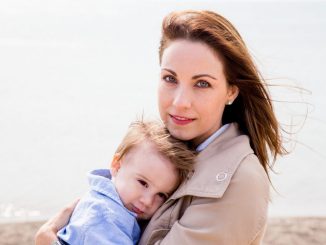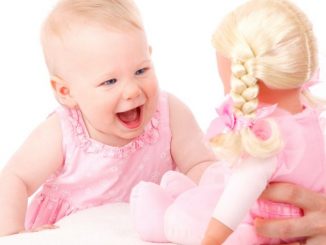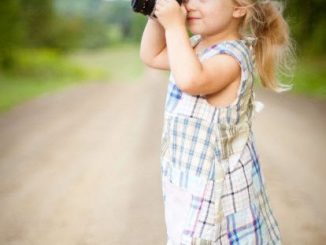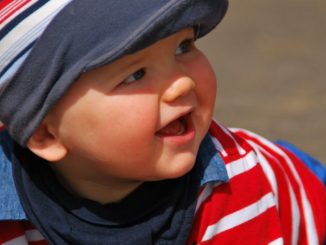
How a key person supports child development
A key person supports child development in many ways and takes on a parent’s role when they cannot be present. Let’s look at the things they do. A Parent’s Role We all understand the role […]

A key person supports child development in many ways and takes on a parent’s role when they cannot be present. Let’s look at the things they do. A Parent’s Role We all understand the role […]

When a child is between 2 and 3 years old, practitioners need to review the child’s progress and write a short summary of their developments. This will focus on the prime areas, such as Personal, […]

The Leuven scales were developed in Leuven University in Belgium and focusses on two Early Years indicators namely: Wellbeing and Involvement While wellbeing refers to feeling confident, free of emotional tension, happy, spontaneous and at […]

Every child a talker is a national project which aims to develop the language and communication of under 5s. It is about actively providing language opportunities at your setting to support children’s language development and […]

An observation is simply, watching and listening to children to find out how they are developing. Noticing what they like doing, how they are learning and interacting through play; as well as observing how they […]

As children start to smile, laugh, sit, crawl, walk and talk in the Early Years, they go through a sequence of developments. Later as they start to socialise, play with others, learn to share, take […]

Between the age of 4 and 5, during a child’s year in Reception, Reception teachers and practitioners observe a child’s development and track their progress to cater for the needs of the child. While the […]
Copyright - - All rights reserved - My Childcare Hub